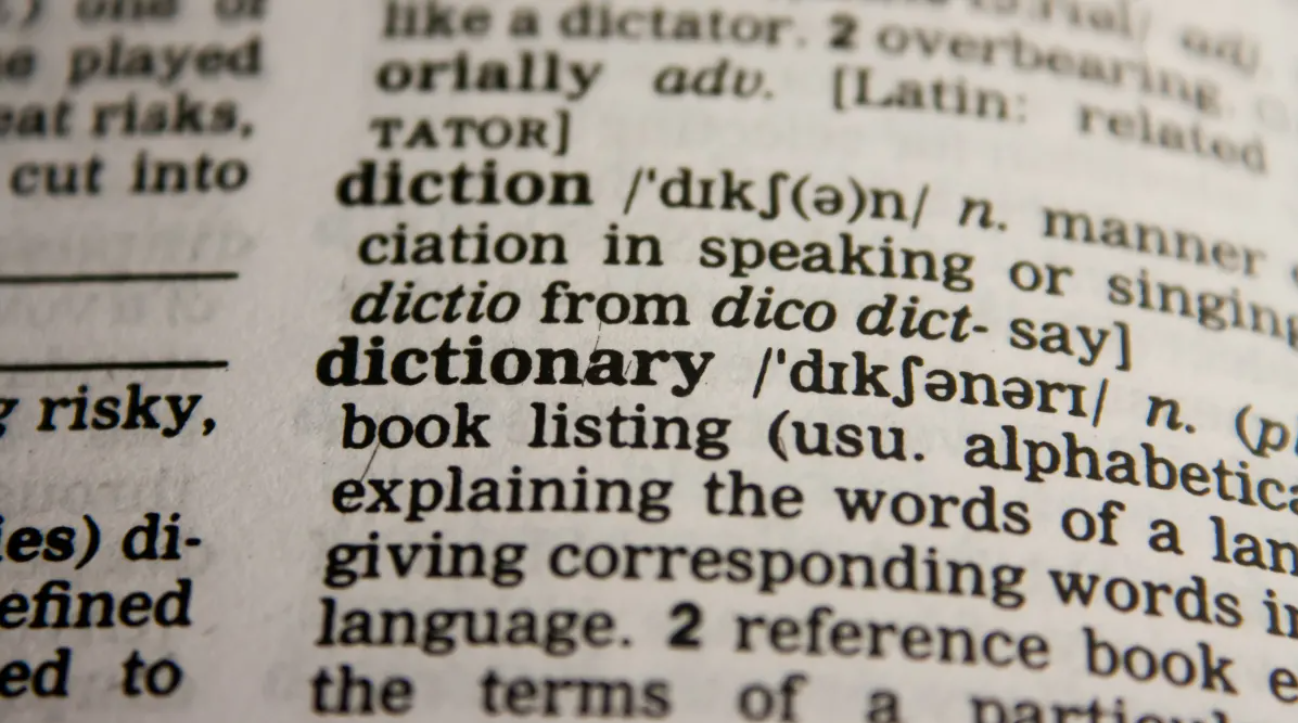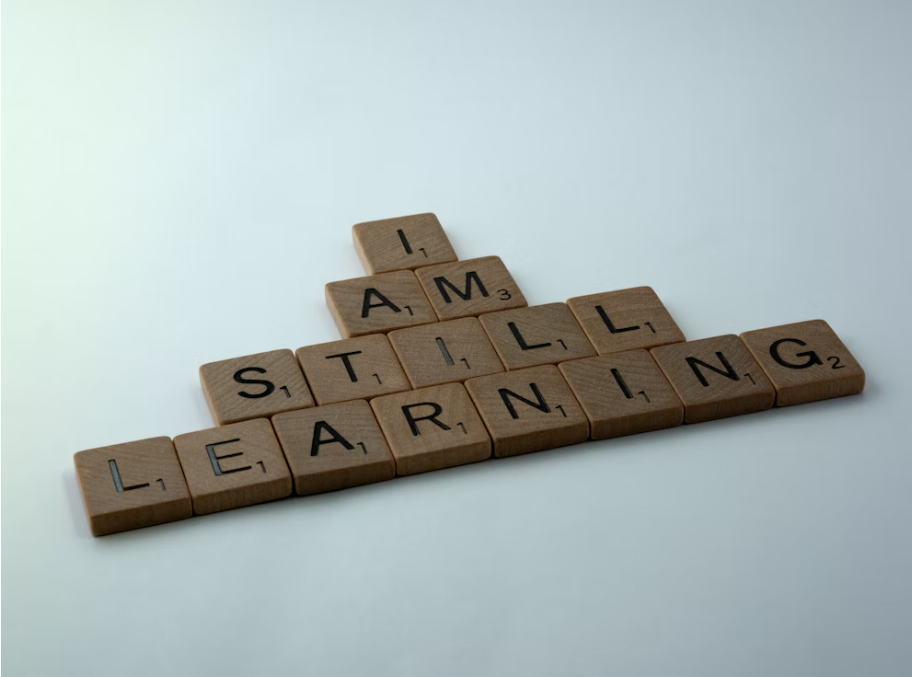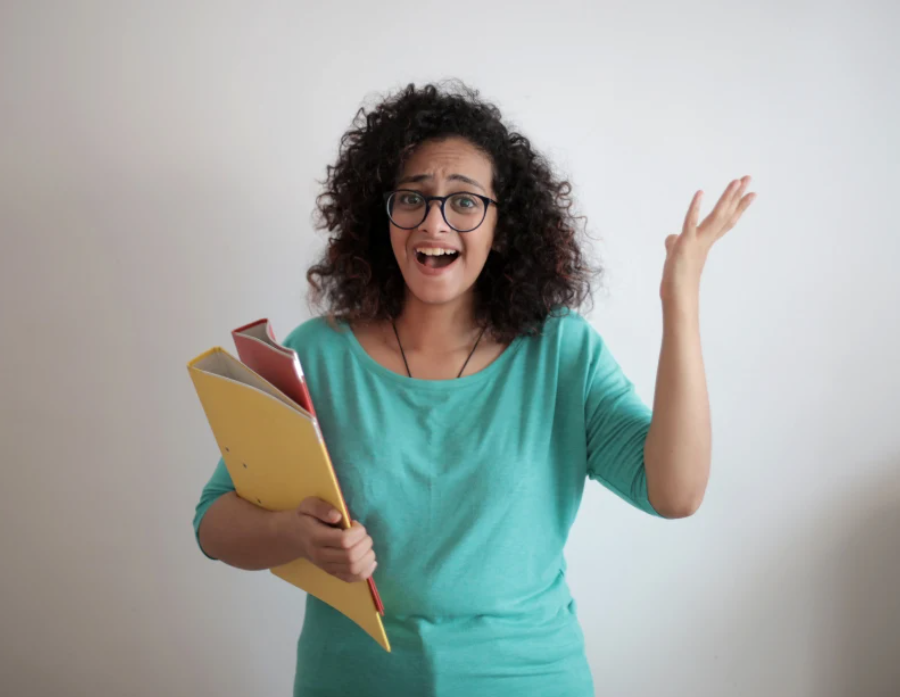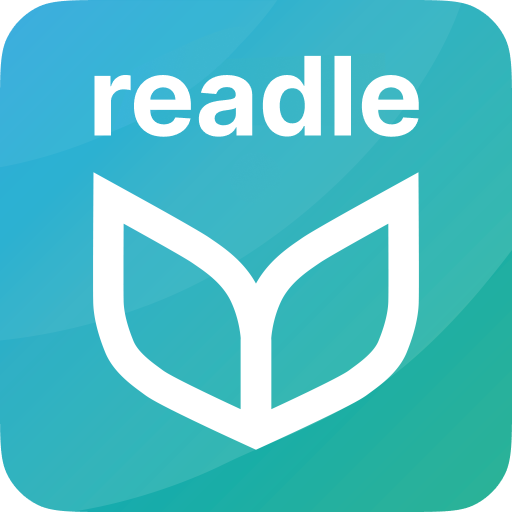
The official German A1 vocabulary includes, according to the German Goethe Institut, 650 words, which might sound like bad news for a beginner. Wow, that’s too many, you may think. The good news is: You’re already on the way, and we’re here to help you!
Now, you may assume that you will be fluent in German if you learn all the words on this list. However, it’s important to realize that memorizing all the nouns by heart would be an extremely repetitive, boring, and ineffective experience. To put it another way, you’ll forget them more quickly than you’ll learn them.
Your brain needs to create connections — bridges — to those words first, and simply repeating the word-translation pair will not assist you in retrieving these words when you need them. Learning in-depth and building upon know-how is much more enjoyable and efficient — and that’s exactly what we’re here for.
We at Readle will give you a few tips on how to deal with your A1 vocabulary list in the most effective way that would be beneficial for the actual use.
One way to approach this is to go online and look for the most commonly used basic words. There are lists for all different levels, so you can always find something that suits you — we provide links to downloadable German vocabulary lists from respectable sources in this article as well!
For more information, tips, and fun facts, keep reading!
Top 10 Most Frequently Used German Words
Before we jump into the best practices for tackling your German A1 vocabulary, let’s take a look at the most commonly used words in the German language, along with examples of using them in a sentence.
Here’s a handy table:
| German Word | English Equivalent | Example | Translation |
|---|---|---|---|
| Ich | I/me | Ich liebe Musik. | I love music. |
| Sie | they/them, she/her | Sie ist meine beste Freundin. | She is my best friend. |
| Das | the/that/this/it | Das ist mein Auto. | That is my car. |
| Ist | be | Ist das dein Buch? | Is that your book? |
| Du | you | Du bist sehr nett. | You are very nice. |
| Nicht | not/no | Ich bin nicht müde. | I am not tired. |
| Die | the/which/that/who | Die Katze schläft auf dem Sofa. | The cat is sleeping on the couch. |
| Und | and | Ich mag Kaffee und Tee. | I like coffee and tea. |
| Es | it | Es regnet draußen. | It's raining outside. |
| Der | the/which | Der Hund spielt im Garten. | The dog is playing in the garden. |
This Is Just a Start!

Of course, these are just a few common German words. If you want to become fluent, visit a German-speaking country, or make friends among native German speakers, you need to learn other words as well and constantly try to improve your vocabulary.
For that matter, we include these free German vocabulary lists for A1-level students:
German A1 Vocabulary Lists (Downloadable PDFs)
- Vocabulary list for the Goethe A1 exam.
- TELC: Einfach gut! German for integration A1.1 with English translations.
- TELC: Einfach gut! German for integration A1.2 with English translations.
- TELC Alphabetical vocabulary list for A1.
Based on these lists, you can create your own one consisting of words that interest you, or you can choose those that you feel you might need the most at the moment.
A fun way to learn vocabulary is to choose 5 to 10 words each day in your own language you think you will need that day, look up the German word for it, write them both down, and learn them throughout the day.
Here are our top picks:
7 Words Of The Day For You
| German Word | English Equivalent | Example | Translation |
|---|---|---|---|
| Hallo | Hello | Hallo, wie geht es dir heute? | Hello, how are you today? |
| Liebe | Love | Ich liebe es, Bücher zu lesen. | I love reading books. |
| Blume | Flower | Die Blume in meinem Garten blüht wunderschön. | The flower in my garden is blooming beautifully. |
| Katze | Cat | Meine Katze ist sehr verspielt und neugierig. | My cat is very playful and curious. |
| Hund | Dog | Der Hund ist der beste Freund des Menschen. | The dog is man's best friend. |
| Lächeln | Smile | Dein Lächeln macht meinen Tag immer heller. | Your smile always brightens up my day. |
| Ja | Yes | Ja, ich werde zum Abendessen kommen. | Yes, I will come for dinner. |
It’s high time to say “Ja” to learning German!
Fun Facts!

Did you know that the German language is well known for having some of the world’s longest words? This is due to the fact that Germans use compound terms to express whole sentences — especially when it comes to commercial and government terms. As a result, the typical German word can have more than ten letters.
“Donaudampfschiffahrtselektrizitätenhauptbetriebswerkbauunterbeamtengesellschaft” is the longest German word in history, clocking in with 42 letters. In the English language, this word would refer to the Danube steamship company captain.
Are Germans crazy? Don’t ask us. We didn’t come up with this idea.
Luckily enough, this is one of the most uncommon German words. So breathe easy, you can already forget this one again.
On the other hand, there is one pretty long word, which is unfortunately used quite a lot, and it is the word “Rechtsschutzversicherungsgesellschaften.” It means “legal protection insurance companies.” The word has, believe it or not, 39 letters — and it is the longest German word in daily usage.
With terms like these, it’s no surprise that Mark Twain made a joke once, saying, “Some German words are so long that they have a perspective.” Well, touché. Can’t argue this one.
How to Learn German A1 Vocabulary Most Effectively?
Now, it’s finally time to equip yourself with some of the most practical tips for memorizing new German vocabulary.
- Don’t check the translation first. When you come across a word you’ve seen before, you won’t be able to memorize it if you look up the translation right away. The chances of learning this word are much higher if you try to remember what the word means before checking the translation. On the other hand, when you encounter a new term, look up its meaning (or different meanings), usage information, and sample sentences apart from the translation — this will help you build a bridge to that word.
- Incorporate flashcards into your learning routine. Pick a word you have a hard time memorizing and then put it in every learning session you have. Flashcards are a really great tool for that purpose. By repeating new words, we put them into our long-term memory. Moreover, if you’re using traditional flashcards, you can practice written German as well as improve your reading skills. And remember — flashcards can be used both for learning vocabulary and grammar, so try to use them to the fullest.
- Get more context. Sometimes, it can really help to see a word in context — for example, in a sentence. If a word is new to you, type it into a search bar and check example sentences. There are many platforms on the internet that can help you with that — for example, Tatoeba is an amazing website to help you find sentence examples. On the other hand, if you’re using a good language-learning app, it should provide you with the translation of new words right away.

Soul Food For Your Brain
Mastering a language surely requires more than just basic vocabulary. If you want to learn German and become fluent in it, you need to acquire several skills that draw on one another. In that situation, learning by yourself can be challenging, unstructured, and simply boring, but have you tried the Readle App yet?
There, you can not only find interesting stories for every level, from beginner to advanced, but you can also find the translation of each and every word just by clicking on it. Moreover, you get audio recorded by native speakers, so you can practice your listening and pronunciation skills.
Readle is fun and effective, even if you learn only for a couple of minutes each day. Just remember — it’s all about regularity and persistence. Üben, üben, üben — practice, practice, practice, and you will get there.
